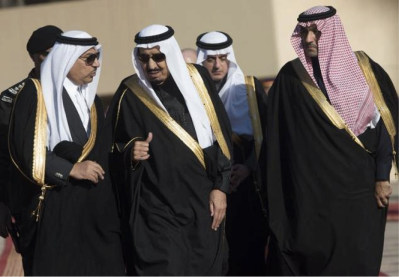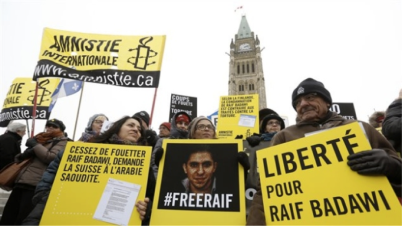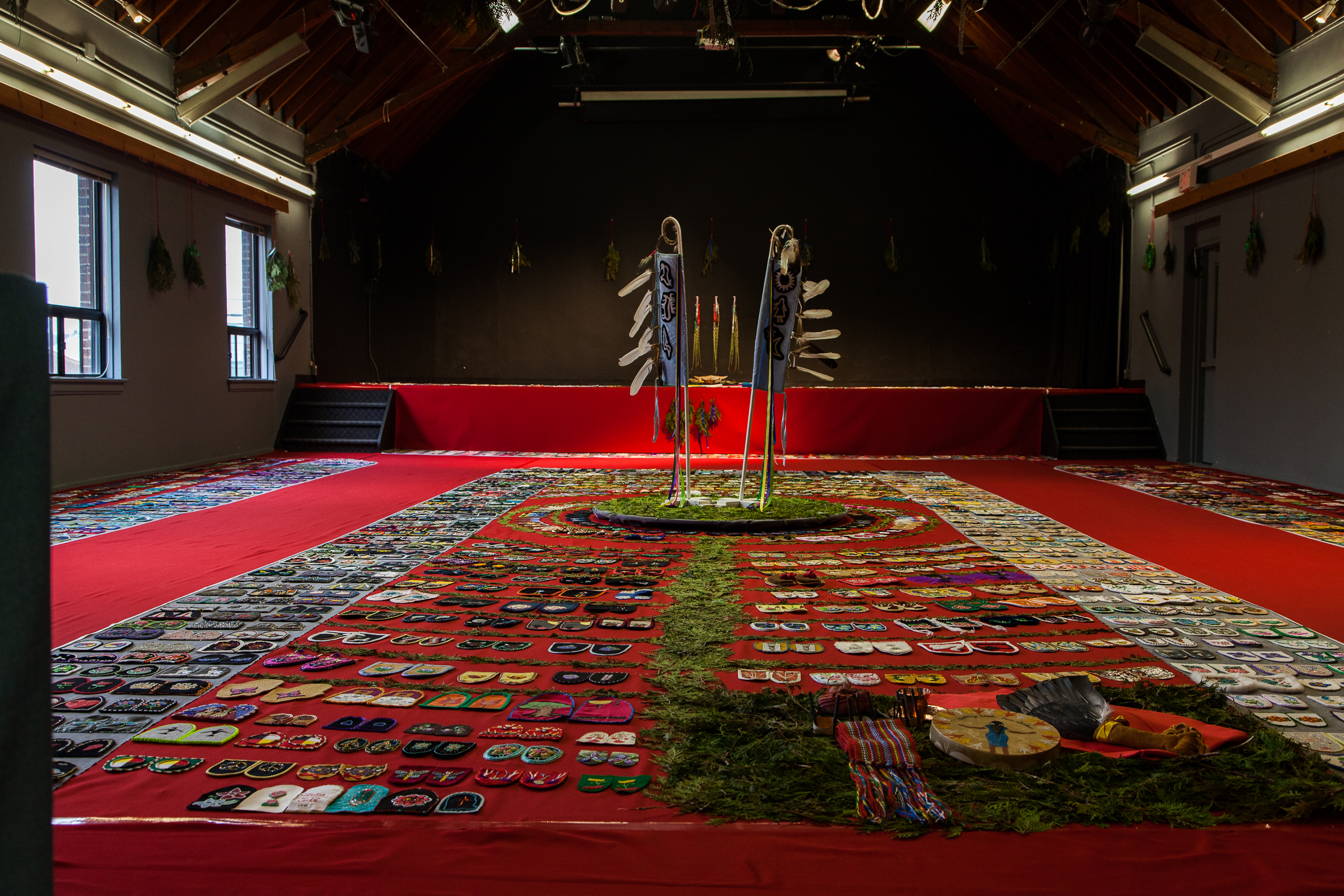Following the recent death of Saudi King Abdullah on Jan. 23, the ascendance of his half-brother, King Salman, to the throne has cast new light on the line of succession, leading to speculation over the future of reform in the country.
Under King Abdullah, Saudi Arabia had experienced cautious, very limited reform. His initial policies promoted state modernization and economic liberalization; allowed increased judicial fairness and freedom in the media; and encouraged more egalitarian attitudes towards marginalized groups, with women gaining more educational and political opportunities, including admittance to the king’s advisory Shura Council.
Regardless, Saudi Arabia’s human rights record remains abysmal, especially in the wake of the Arab Spring, which spurred a campaign of repression by the regime. In its Worst of the Worst report, Freedom House has named Saudi Arabia as one of the world’s worst human rights abusers every year since 2011.
However, some activists view the changeover to the new King as an opportunity to push forward reforms. Human Rights Watch suggests,
“King Salman should take steps to prohibit discrimination against women and religious minorities and institute protections for free speech. A significant first step would be to repeal vague legislation used to prosecute Saudis for peaceful speech and create a written penal code that includes comprehensive human rights protections. He should also order the immediate release of Saudi citizens jailed solely for calling for political reform.”
While it is possible that King Salman will continue with his half-brother’s policy of gradual reform, drastic change is unlikely. According to BBC News, the 79-year-old King promised continuity in a speech, pledging to “continue adhering to the correct policies which Saudi Arabia has followed since its establishment.”
King Salman’s most radical act may perhaps be his overhaul of Saudi Arabia’s political leadership, which has served to delineate the expected line of succession and to propel a new, younger generation of the royal family to the country’s helm. He appointed Interior Minister Mohammed bin Nayef, 55, to the position of deputy crown prince, thereby placing him next in line for the throne. Also notably, the King’s son, Prince Mohammed bin Salman, 34, was named defense minister and chief of the royal court.
“In some ways, [King] Salman has made [Mohammed bin Salman] the second most important person in Saudi Arabia. [King] Salman’s reputation is as a pretty conservative guy, and not someone who would take big initiatives. But who knows? He has been, I think, quite decisive in these appointments,” said F. Gregory Gause, a professor of international affairs at Texas A&M University, when interviewed for Foreign Policy.
The younger princes attended university abroad, and are thus believed to favor more progressive views on modernization, education, and women’s rights. Also, with half of the Saudi population under the age of 25, the youth is an increasingly important force in the country’s society. It is likely that this new generation of the royal family will be more attuned to the demands of Saudi Arabia’s growing youth population, who seek increased political participation, more civil liberties such as freedom of speech, and greater respect for human rights.
Yet there are some qualifications to the progressiveness attributed to the younger generation. As Interior Minister, Prince Mohammed bin Nayef oversees internal security and intelligence forces, and has also played a critical role in spearing counterterrorism efforts in coordination with Western governments. However, his emphasis on security and the stability of his family’s rule occurs at the expense of civil liberties and political openness.
As head of the Interior Ministry, Prince Mohammed formalized the laws and enforcement used by the regime to repress dissent, including cybercrime and terrorism laws passed last year that extends the ministry’s powers over detention.
“He is the architect of the crackdown on and jailing of these activists with ludicrously harsh sentences,” stated to the New York Times by Adam Coogle, who monitors Saudi Arabia for Human Rights Watch, in reference to several prominent cases of jailed journalists such as the one of Raif Badawi, a blogger recently sentenced to 1,000 lashes for criticizing the regime and insulting Islam.
Furthermore, factors beyond the royal family limit the possibilities of reform. The reign of the al Sauds is legitimized by its ties to the conservative religious establishment, and the support of religious elites is essential not only for implementing changes, but maintaining power in general.
“The monarchs of Saudi Arabia realize that they are constrained by a highly conservative society with traditional institutions and traditional religious values, so their area of maneuverability is limited,” wrote Professor Hani Faris, a professor and Middle East scholar at the University of British Columbia, as according to the Guardian.
However, Professor Faris notes that each successive king has implemented at least slight changes, even if only as a symbolic nod to the West. With the arrival of the younger, pro-Western generation, reform may move at a faster pace. Thus, for many scholars, activists and human rights watchers, reform in Saudi Arabia is not simply a chimera, but a distinct hope for the future.
Written by Lauren Ng






